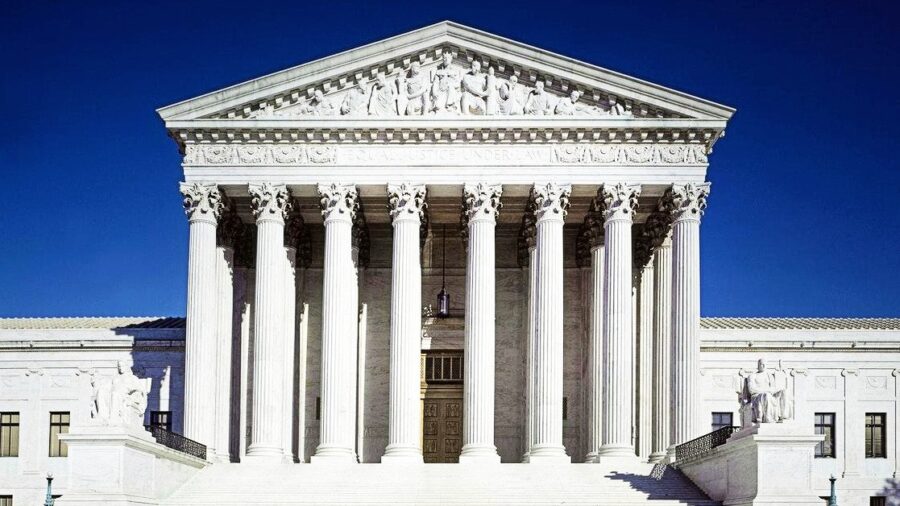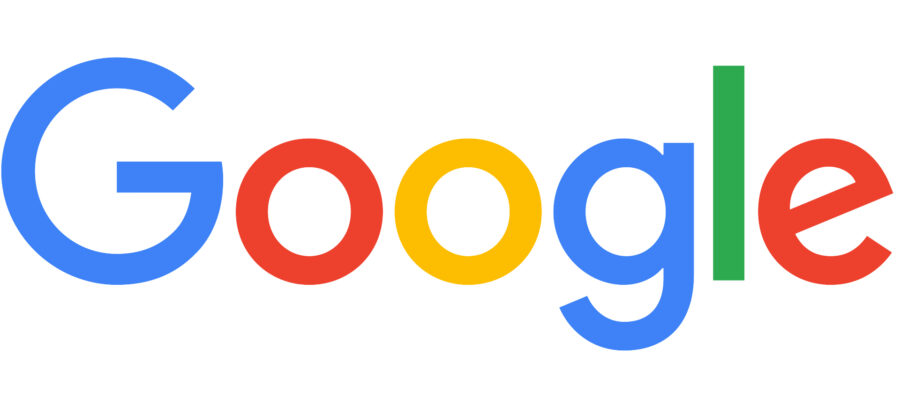The Supreme Court Is About To Change How People Experience Online Life
The Supreme Court will hear a case that will determine whether Google's recommendation algorithm violates the law.

The Supreme Court of the United States could transform the online experience. As explained in the MIT Technology Review, the case Gonzalez v. Google will head to the Supreme Court to determine whether or not the promotion of ISIS recruitment material on YouTube constitutes a violation of the Anti-Terrorism Act. The legality of Google’s recommendation algorithm hangs in the balance as SCOTUS reviews the long-standing Section 230.
Section 230 is a legal provision that protects sites that display user-generated content, such as Google, from lawsuits focused on potentially harmful content. Tech giants built on user-generated content could not exist in their current forms without Section 230 protecting them.
Now the Supreme Court must answer a crucial question: Is online content display the same as content recommendation?

The line, according to tech companies, is blurry. Making the distinction between the two could prove a tricky task for the Supreme Court, but the fate of online businesses depends on the decision. A repeal, or even a precedent-defying interpretation, of Section 230 could shake the foundation of big tech business models.
Not only would a decision against Section 230 be a blow on the business side, but tech companies would also be forced to change the structure of site functionality altogether. Some experts and tech companies believe a ruling by the Supreme Court would likely fail to clearly and comprehensively address the situation, potentially destroying the online experience. Other experts believe putting a boot on the internet could be a good thing.
Hany Farid, a professor of engineering and information at the University of California, Berkeley, argued that the state of the internet is unhealthy. On an individual and societal level, recommendation algorithms are wreaking havoc. They are designed to keep people in loops, and tech companies have little control over whether or not those loops are harmful.
The Supreme Court will look at the potential online proliferation of a terrorist group in the upcoming case, but the arguments will play out against a backdrop of political division, misinformation, teen suicide, and child sexual abuse material. Recommendation algorithms can potentially proliferate them all.
The dangers of social media continue to be discussed as the platforms evolve and their strangleholds tighten. Presidents Trump and Biden have both expressed a desire for Section 230 to be reconsidered. On the other side of the issue, free speech activists are protecting the provision.
To some, the Supreme Court censoring the online experience is a slippery slope. No one can deny that the internet is full of harmful material, but as the drama at Twitter has shown in the past few years, it can be difficult, if not impossible, to appoint an ethical and unbiased gatekeeper. Internet censorship could solve some threats to democracy, but it could also create new ones.
Recommendation algorithms offer more than targeted ads and feed curation. These algorithms are the building blocks of the modern internet. As the Supreme Court reviews Section 230, the structure of the online world is at risk of forced change. The potential effects of a landmark decision in Gonzalez v. Google are too massive to accurately predict, but regardless of the verdict, the case will likely prove to be historic.













